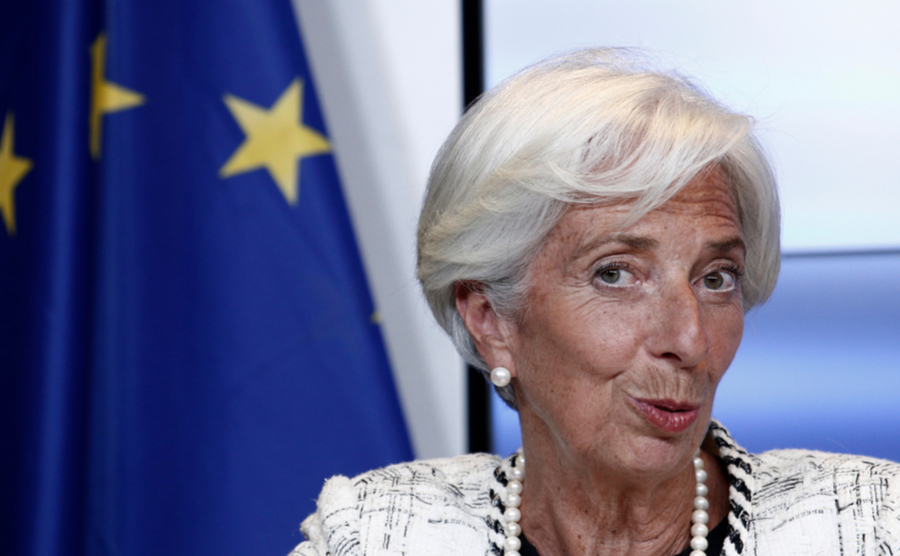There are certain event economical and political events at home and overseas, that have the potential to move markets and therefore, impact the pound’s market value.
(image credit, Christine Lagarde, President of the ECB, Alexandros Michailidis / Shutterstock.com)
Knowing which upcoming economic events and market trends to look out for, and how they impact currencies is essential for anyone looking to make well-informed decisions surrounding overseas transactions and investments. While some of the bigger forecasts can be impossible to guarantee, having a sound understanding of market-moving events can empower you to make better decisions for your budget.
What affects currency rates?
There are three main currency trends that can affect exchange rates. They are monetary policy, economy and politics/business.
In the UK, the Office for National Statistics (ONS) oversees data releases of Gross Domestic Product (GDP), unemployment, retail sales and inflation rates. There are other sources for consumer and business readings, but the ONS produces most potentially market moving information.
These data categories are not limited to the UK, in fact, it works the same across the eurozone and beyond. Generally, economic strength boosts the national currency.
Monetary policy is set by a country’s central bank. In the UK, that would be the Bank of England (BoE). The European Central Bank (ECB) covers European countries that use the euro and the Federal Reserve (Fed) sets policy for the United States of America. It’s down to these central banks to set policies through buying or selling securities in the open market. Operations on the open market affect short-term interest rates, which in turn impact long-term rates and economic activity. Interest rate decisions typically occur monthly and are the most influential among all monetary data releases.
As a general rule, anything leading to a strong, stable, pro-business government will support the currency.
In times of crisis, such as the Covid-19 pandemic, there are key currencies that are supported. These are referred to as “safe-haven currencies”. The pound is no longer considered safe and would subsequently fall in a crisis. The euro remains a safe haven but was not considered so when the Ukraine war broke out in February 2022.
Important upcoming dates
The following are upcoming currency trends and events in late June/July 2023, the order of data releases typically repeats every month.
- 29 June: German and Spanish inflation rate
- 30 June: Unemployment rate in key European economies
- 30 June: Inflation rate flash
- 4 July: Germany Balance of Trade
- 6 July: US Balance of Trade
- 6 July: JOLTs Job Openings
- 7 July: US Non-Farm Payrolls
- 11 July: UK Unemployment Rate (May)
- 11 July: ZEW Economic Sentiment Index (July)
- 12 July: US Inflation rate
- 14 July: Michigan Consumer Sentiment
- 19 July: Euro Area Inflation Rate (June)
- 25 July: Ifo Business Climate
- 26 July: Fed Interest Rate Decision
- 27 July: Gfk Consumer Confidence (Aug)
- 27 July: ECB Interest Rate Decision
- 1 July: Euro Area Unemployment Rate (June)
- 3 July: BoE Interest Rate Decision
- 3 July: Germany Balance of Trade
Each of these above events are considered “high-impact events’ and have the potential to move markets, should the outcome not match economists’ expectations.
But how can we monitor this?
There’s a reason economists exist! It’s their job to absorb this data and translate its impact for laymen’s.
In fact, Smart Currency Exchange provides its customers with a daily currency note which provides the latest currency updates, as well as news on daily and upcoming economic events that could move markets. If this is something you’d be interested in, speak to Smart today using the link below to get better acquainted with your pound and currency trends.





















